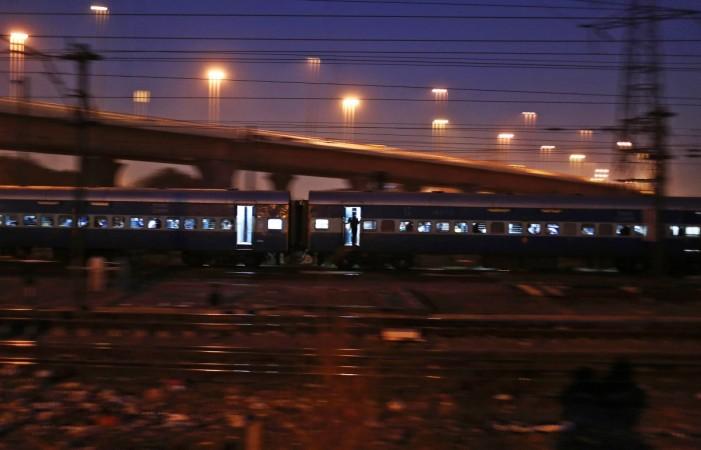
Falling revenues has forced the Railways to cut salaries and operational costs in order to meet its financial requirement. Currently, it is undertaking various measures to increase its resources, the Finance Ministry has said.
Implementation of the Seventh Pay Commission recommendations has reportedly left the Railways strained with additional expenditure. Railway Minister Suresh Prabhu is due to present the Rail Budget on Feb. 25. He is expected to propose a plan which will cut expenses but at the same time increase non-tax receipts, Press Trust of India reports.
Some of the steps taken by Railways to reduce its working expenses are: rationalisation of staff, optimum use of workforce and reducing allowances.
"The aim is to reduce working expense by about 15 percent. The total working expenses was Rs 1.62 lakh crore last year," sources told the publication.
The Rail Budget will have multiple initiatives for making it "people-friendly," and improving its passenger facilities, sources said. Prabhu is keen on generating revenue through non-tariff sources, such as exporting railway equipment, advertising and "commercial exploitation of railway land." Re-developing 400 stations is an example of commercial exploitation of railway premises.
The Railway Budget would also look into increasing investments in the infrastructural development area.
Prabhu is hopeful the next fiscal would witness a reduction of energy bill by 20 percent, which is Rs 30,000 crore at present, PTI added. The Finance Ministry had cut the rail budget to Rs 32,000 crore from Rs 40,000 crore in the previous budget.
[1 lakh = 100,000 | 1 crore = 10 million | 100 crore = 1 billion]
















